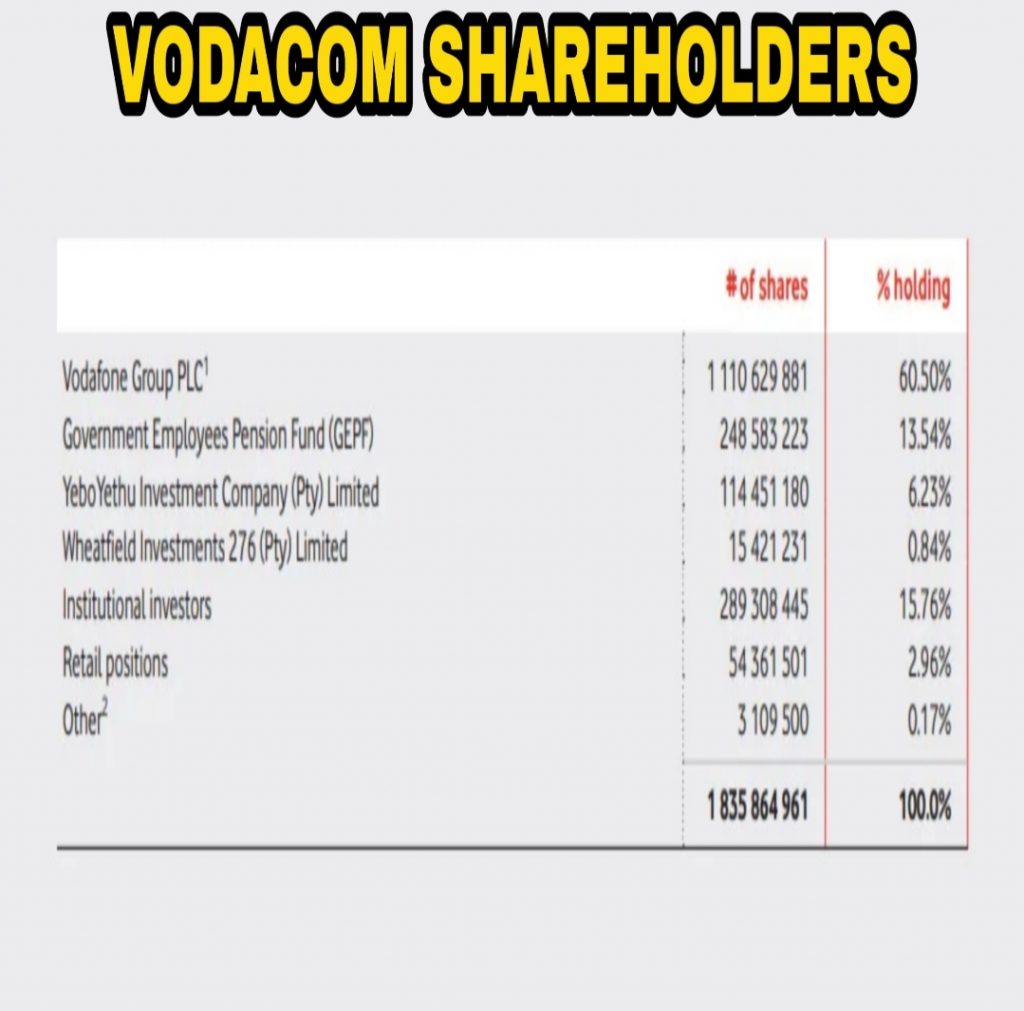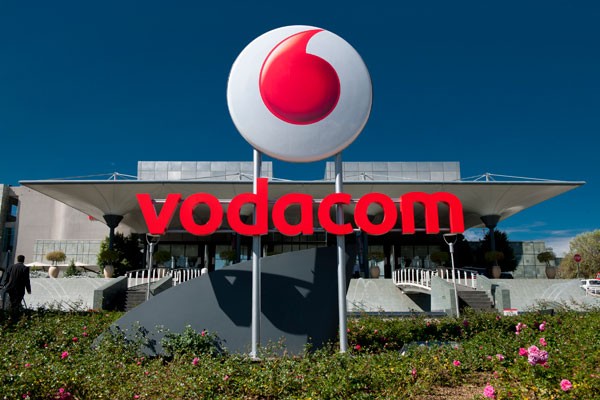To understand how Vodacom became one of South Africa’s most successful companies, lets take it back to the year 1993, when Vodacom Group and Vodacom SA were incorporated in South Africa as a joint venture between Telkom(50%), Vodafone(35%) and VenFin(15%).
During this time, no one knew of the name Vodacom, just as most people were unaware of the telecommunication revolution which would forever change the way we communicated and exchanged information. It was during this time that Vodacom was granted one of two GSM network licenses in South Africa.
The introduction of cellular technology allowed South Africans to talk on phones almost anywhere. From the beginning, effective branding was launched which established a solid foundation and strong perceptual advantage over industry competitors. A job that was so well done, that many still believe that Vodacom was ‘first to market’, when in fact both cellular networks received their licenses on the same day.
Vodacom set about building base stations along all major national roads in South Africa and through effective communication, built a lasting image of a network that provided coverage across SA. Also, strong alliances were established with major retailers, making cell phones as readily available as other fast moving consumer goods.
Over the years, Vodacom became the leading African telecommunications group providing voice, messaging, data and converged services to over 130+ million customers.
From its roots in South Africa, the company has grown its operations to include networks in Tanzania, the Democratic Republic of the Congo, Mozambique, Ethiopia, and Lesotho, with its mobile networks covering 303+ million people.
Through Vodacom Business Africa, the company also provides business-managed services in over 48 countries, including Nigeria, Zambia, Angola, Kenya, Ghana, Côte d’Ivoire, and Cameroon.
Over the last twelve months, Vodacom generated revenue of R103 billion and a net profit of R18 billion.
South Africa benefits from Vodacom’s success through corporate and income tax, employing thousands of people and fuelling local and international trade.
Who Owns Vodacom??
In 1996 a 5% stake in Vodacom Group was sold to a BEE company, Hosken Consolidated Investments Limited(HCI) for R118 million. However in 2002, HCI sold its stake back to Vodafone and VenFin for R1.5 billion.
In 2006, when Venfin decided to sell its stake in Vodacom, Telkom passed on the opportunity, and Vodafone snapped it up. In 2008, Telkom agreed to its stake in Vodacom to Vodafone Group.
Telkom decided to build its own mobile operator, 8ta(now Telkom Mobile), to take on MTN, Vodacom, and Cell C. Although moderately successful, the company’s revenue and profit are a far cry from what it would have earned through its Vodacom stake.
As of today, Vodacom’s largest shareholders are the UK-based Vodafone with a 60.5% stake, followed by the Government Employees Pension Fund (GEPF) with 23.54%, and the YeboYethu scheme with 6.23%.
Institutional investors own 15.76% of Vodacom, while retail investors account for a shareholding of only 2.96%. See the table below:

To stand out, to be recognized and admired in telecommunications, one of the fastest moving and most competitive sector, is no mean feat, Vodacom’s success can be attributed to a core team that’s been consistent over time.
This dedicated team has shown focus and made a conscious trends decision to avoid ‘multiple brand personality syndrome’ by emulating other brand trends and messages.
bizcommunity
myggsa
coursehero
mybroadband
Get South Africa’s latest entrepreneurial or business success stories delivered right to your inbox — Sign up to Entrepreneur Hub SA’s newsletter today ⬇️⬇️⬇️

eBook: 50 South African Entrepreneurs Reveal HOW THEY MADE IT




